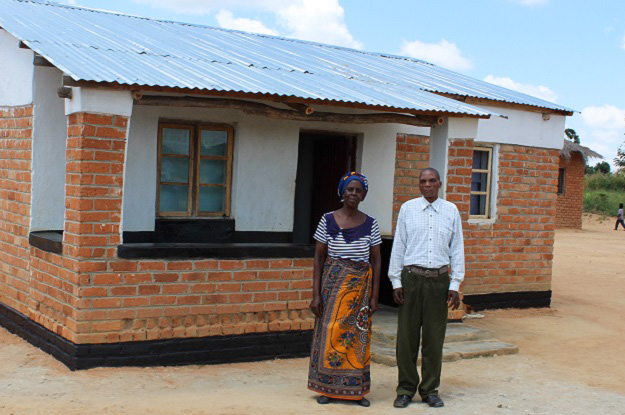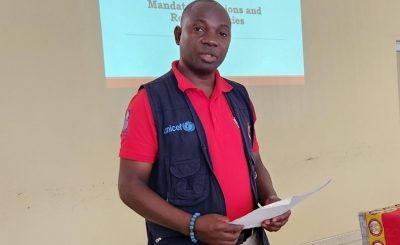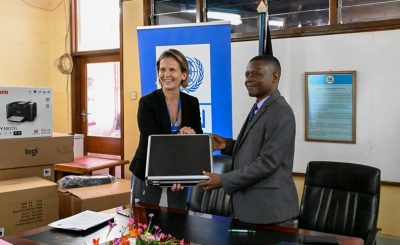Over 30, 000 people have benefitted from the on-going Decent and Affordable Housing Subsidy Programme (DAHSP), popularly known as Cement and Malata Subsidy, since government launched it in 2015.
Government distributes 30 iron sheets, ridges, 30 bags of cement, poles and timber, four door shutters, windows, wooden materials, nails, and other materials to each targeted beneficiary.
In an interview with Malawi News Agency (Mana) on Thursday, Ministry of Lands, Housing and Urban Development spokesperson Charles Vintula said the programme has benefited over 30,000 people.
“Government introduced this programme with the aim of reaching out to low income members of society who cannot afford to build a house.
“The beneficiaries are identified by the community at Group Village Headman level and from groups called Housing Developing Groups (HDG). So far, the programme has reached out to many,” Vintula said.
He said the number of houses done under DAHSP may appear on the lower side due to funding gaps that the programme faces.
“Logistics on the part of the ministry, local councils and suppliers has been a major challenge and this affects delivery of materials in the constituencies.
“Sometimes Treasury makes budgetary cuts in funding as government has several other important programmes to undertake. This has affected DAHSP as it solely depends on government funding from the public purse,” Vintula said.
He added that the periodical scarcity of some materials like cement and timber has also affected DAHSP implementation.
He said lack of expert housing artisans in some areas has led to questionable housing projects for some beneficiaries, in turn affecting DAHSP.
HDG Chairman and a beneficiary of DAHSP Clifton Mwale from Mngongonda Village in the area of Traditional Authority (TA) Njewa in Lilongwe thanked government for introducing the programme.
“It has improved our living conditions. I now own a decent house built with durable materials,” Mwale said.
Government introduced DAHSP in 2014 which targets 75 households in every constituency under the loan component, while five most vulnerable households are meant to be under the grant component of the programme every year.
(Written by Lusayo Singogo/Malawi News Agency)





